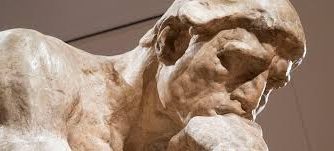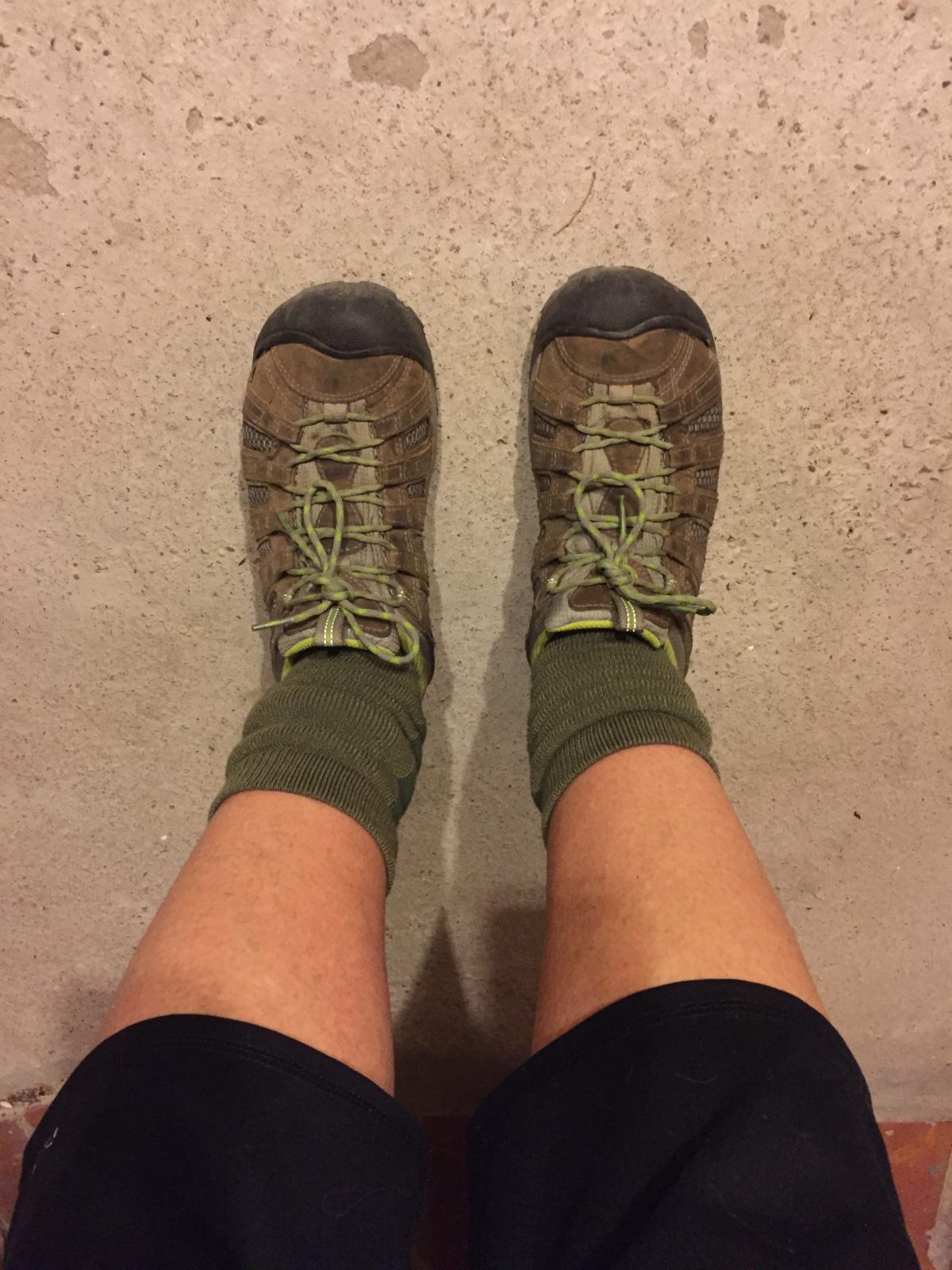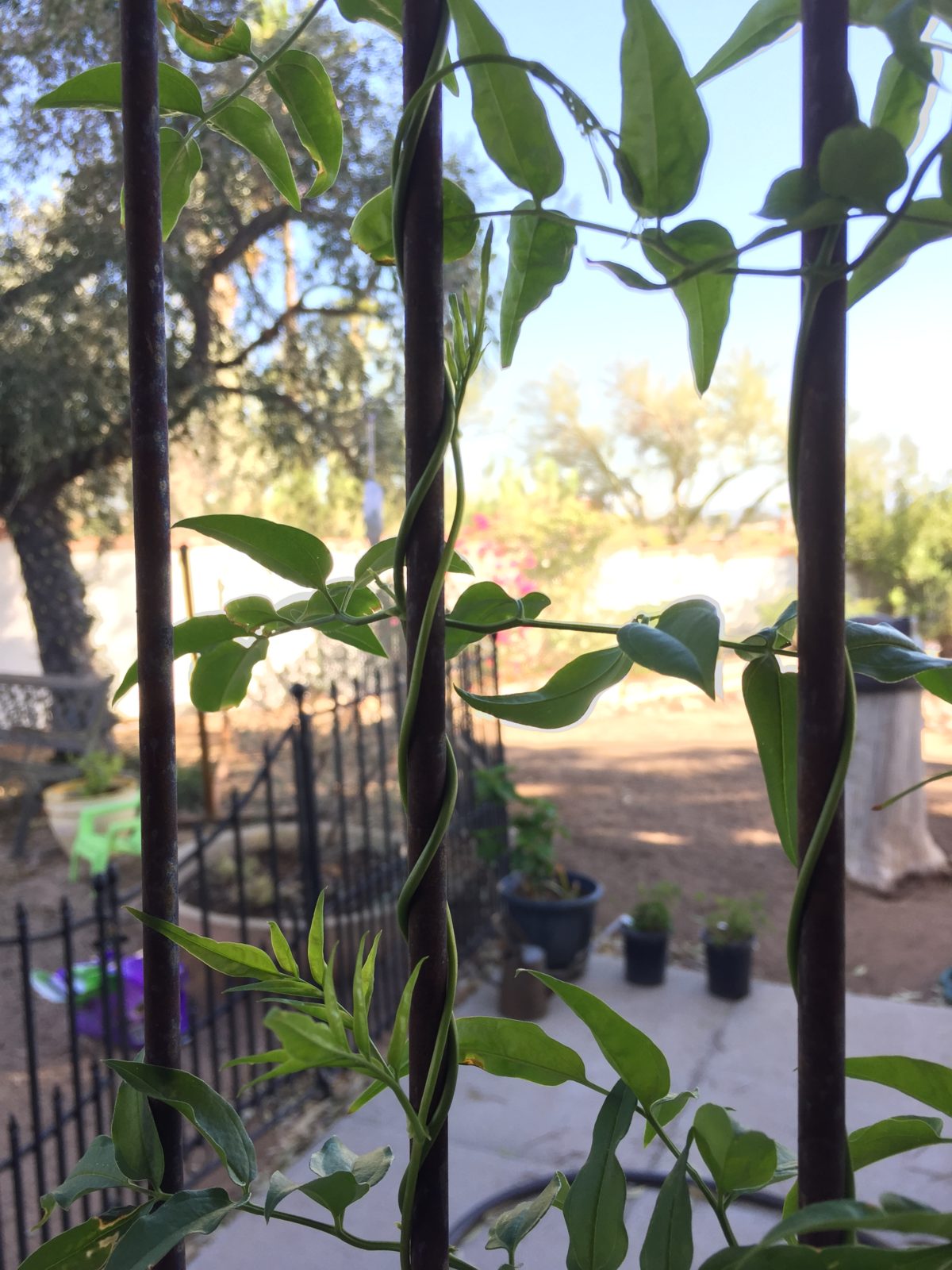The Merriam-Webster Dictionary lists a variety of definitions for philosophy, depending on what you’re referencing. For our purposes, it lists three definitions:
- pursuit of wisdom
- 2. a search for a general understanding of values and reality by chiefly speculativerather than observational means
- an analysis of the grounds of and concepts expressing fundamental beliefs
After reading those definitions, my first question is: What is wisdom? How is that defined?
So, I headed over to wisdom and found several definitions.
- a: ability to discern inner qualities and relationships : insight
b : good sense : judgment
c : generally accepted belief
d : accumulated philosophical or scientific learning : knowledge
2: a wise attitude, belief, or course of action
3: the teachings of the ancient wise men
After thinking about these defintions, I came to the conclusion that philosophers—for the most part, although some venture into the testable and observable realm—are people who seek to understand inner qualities and relationships through a search for a general understanding of values and reality by chiefly speculative means. (The chiefly speculative means grabs my attention. Why? Because I don’t think we need to speculate. But we’ll venture into that discussion in a future post!)
They also analyze the grounds of and concepts expressing fundamental beliefs. And many of them are quick to dismiss some of those grounds and concepts and replace them with their own theories and beliefs about people’s behaviors and attitudes, and how to make the thoughts and behaviors right.
The term philosophy was first used by Pythagoras, the Greek mathematician and philosopher who invented the famous Pythagorean mathematical theorem. He also founded the Pythagoreanism movement. Interestingly, people considered it a religion. Pythagoras believed in the divinity and immortality of the soul, which—on Earth—is imprisoned in a human form. (We started to discuss that belief in last Friday’s discussion about the soul.)
20th Century Philosophy—
The 20th Century saw a development of a large number of new philosophy schools. Many of them came and quickly vaporized. Some are still being practiced and clung to. thefamouspeople.com site contains a litany of people regarded as modern philosophers. I stopped counting at 147.
thebestschools.org lists their top 50 most influential living philosophers. Reading through their overviews is enough to make your eyes cross and your head ache.
But it’s educational, and eye opening. A cursory read of some of these philosophers’ beliefs gives you tremendous insight into what and how much of our society thinks in 2018; and how political beliefs fall into the field of social science.
And as I’m reading these most influential thinkers, I’m thinking, Me thinks you think too much! What a waste of time, and precious mental real estate.
You could, as these highly (and probably over-educated) people do, spend a lifetime posing questions about life and get no closer to solving the world’s human condition. While some of their thinking and work seem practical, much of it sounds, well, silly, and way too irrelevant for the common person.

Returning to the 19th Century—
But all we need to do is go back one more century to find a man who may have had one of the most profound, far-reaching and permanent influences on society.
Karl Marx.
Born in Germany in 1818, Marx wore a lot of hats—philosopher, economist, historian, political theorist, sociologist, and journalist. But his most famous is the revolutionary socialist, and his fame blossomed with his writing and publishing of the Communist Manifesto. He is cited as one of the principal architects of modern social science.
One of his most famous quotes is:
“Religion is the sigh of the oppressed creature, the heart of a heartless world, just as it is the spirit of a spiritless situation. It is the opium of the people.
Marx obviously had pity (and disdain) for religion and the people who he labeled “religious.” (Out of curiosity, all of you religious types who feel oppressed, heartless, spiritless, and drugged, please raise your hands!)
My religious life is the polar opposite of his definition. On the contrary, I feel most oppressed by the world. And my spirit sores the most when I am thinking about and interacting with God. It is faith that brings spirit to a dying, depressed world. It is the hope in the midst of pain and suffering. It is the love given to us by the Almighty that really makes the world go round.
Another famous Marx quote is:
“The philosophers have only interpreted the world in various ways. The point, however, is to change it.”
And change the world Marx did!
He and the German philosopher Friedrich Engels focused on class struggle and believed society would eventually develop from one of oppressing the bourgeois—materialistic, conventional-thinking middle class, a result of capitalism—to a socialist, classless society. And he wasn’t a fan of religion. He felt that the ruling classes primarily used it to oppress the non-ruling ones.
If you allow me to perch myself on my soapbox for a minute, it sounds a lot like the progressive ideology being touted right now. And ironically, it is the powerful and moneyed that are preaching it to the masses—the beauty, happiness, and contentment of a classless society, with them in charge! (Of course you need someone in charge, since the masses aren’t smart enough to make decisions for themselves.)
Something I find ironic is that Marx seemed to abhor the idea of the state controlling the masses, snooping into people’s lives and trying to control them, contrary ideas, beliefs and writings being perused and punished. Because that’s exactly what modern Communism does.
Marxism is a philosophy that won’t die. It keeps being re-fashioned and renamed for the next generation. Keep your eyes and ears open for Marxist ideas being spread in the press, and by politicians, policy makers, and social scientists.
Homework:
Take a few minutes to Google how many socialist countries there were at the beginning of the 1800’s. Then fast forward to today. What kind of influence has Marxism had on the world?
And what kind of effect has it had on the people in the countries where it has become the political rule of law?
For deeper thought—
How do you think you would function under a Communist government? Would you be better or worse off? What rights that you now enjoy would you probably lose? (This might require some research, but it will be worth the effort.)
“Don’t become so well-adjusted to your culture that you fit into it without even thinking. Instead, fix your attention on God. You’ll be changed from the inside out. Readily recognize what he wants from you, and quickly respond to it. Unlike the culture around you, always dragging you down to its level of immaturity, God brings the best out of you, develops well-formed maturity in you” (Romans 12:2, The Message).
NEXT WEEK: Real-time philosophy, and meditating on the miraculous
Until then,
Happy thinking!
Andrea
“Do not conform to the pattern of this world, but be transformed by the renewing of your mind. Then you will be able to test and approve what God’s will is—his good, pleasing and perfect will” (Romans 12:2, NIV).




